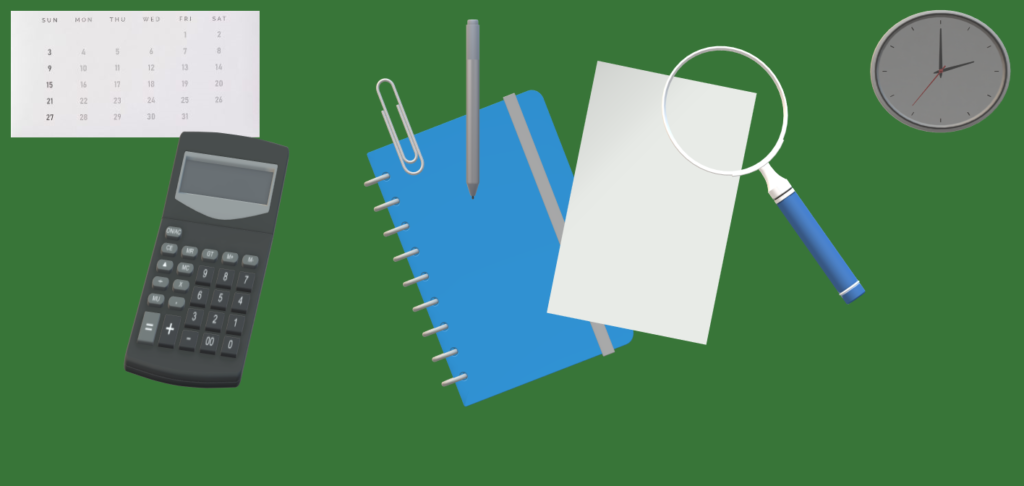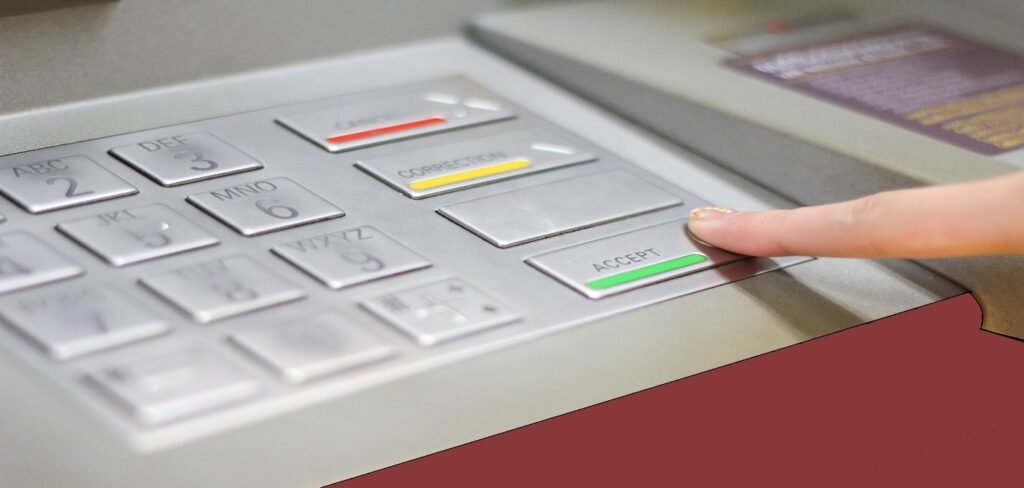Table of Contents
Introduction: Saving Money
We are aware that saving money is crucial, but it can be challenging to put into action. With the rising cost of living, stagnant wages, and endless temptations to spend, it can feel like an uphill battle. However, the key to successful saving lies in making small, consistent changes to your daily habits. By adopting a few simple strategies, you can transform your financial life and watch your savings grow over time.
Start with a Budget
The foundation of any effective savings plan is a well-crafted budget. Take the time to track your income and expenses for a month or two to get a clear picture of where your money is going. Categorize your expenses into essentials (rent, utilities, and groceries) and non-essentials (dining out, entertainment, subscriptions). This exercise will help you identify areas where you can cut back and redirect those funds towards your savings goals.
Automate Your Savings
One of the most powerful tools in your savings arsenal is automation. Set up automatic transfers from your checking account to a dedicated savings account on the day you get paid. Even if you start with a small amount, like $25 or $50 per paycheck, those regular contributions will add up quickly. The beauty of automation is that you’ll never miss the money because it’s whisked away before you have a chance to spend it.
Embrace the “Envelope System”
For those who struggle with overspending in certain categories, the envelope system can be a game-changer. Allocate cash for discretionary expenses like dining out, entertainment, and personal care, and divide it into labeled envelopes. Once the money in an envelope is gone, you’re done spending in that category until the next budgeting cycle. This tangible approach to money management can help you stay on track and avoid mindless overspending.
Reduce Fixed Expenses
While variable expenses like dining out and entertainment are easy targets for cost-cutting, don’t overlook your fixed expenses. Negotiate better rates on your cable, internet, and cell phone plans. Consider downsizing to a smaller living space or taking on a roommate to reduce your housing costs. These changes may require some sacrifices, but the long-term savings can be substantial.
Embrace a “No-Spend” Challenge
To shake up your spending habits and reset your mindset, try a “no-spend” challenge. For a set period of time (a week, a month, or longer), commit to not spending any money on non-essentials. This exercise will force you to get creative with your resources and appreciate the things you already have. It’s a great way to break the cycle of mindless spending and cultivate a more mindful relationship with money.
Find Free (or Low-Cost) Entertainment
Entertainment is often one of the biggest budget-busters, but it doesn’t have to be. Explore free or low-cost activities in your area, such as hiking trails, public parks, museums with free admission days, or community events. Rediscover the joy of simple pleasures like reading, cooking at home, or hosting game nights with friends. Not only will you save money, but you’ll also create lasting memories without breaking the bank.
Meal Prep and Pack Lunches
Dining out, even for lunch, can quickly drain your budget. Commit to meal prepping and packing your lunch for work or school. In addition to cost savings, you’ll also have greater management over the nutritional content of your meals. Invest in quality food storage containers and plan your meals in advance to make the process more efficient.

Embrace the “30-Day Rule”
Impulse purchases can be a major obstacle to saving money. To combat this tendency, implement the “30-day rule.” Whenever you’re tempted to make a non-essential purchase, force yourself to wait 30 days before pulling the trigger. More often than not, the urge to buy will pass, and you’ll have saved yourself from an unnecessary expense.
Celebrate Small Wins
Saving money can be a long and sometimes challenging journey, so it’s important to celebrate your small wins along the way. Set achievable milestones, like saving your first $500 or paying off a credit card balance, and reward yourself with something small but meaningful (a special meal out, a new book, or a weekend getaway). These small celebrations will help keep you motivated and reinforce the positive habits you’re building. Saving money doesn’t have to be a painful process of deprivation and sacrifice. By making small, consistent changes to your daily habits, you can transform your financial life and achieve your savings goals. Remember, every little bit counts, and the cumulative effect of these small steps can be truly remarkable. Embrace the journey, stay committed, and watch your savings grow over time.



